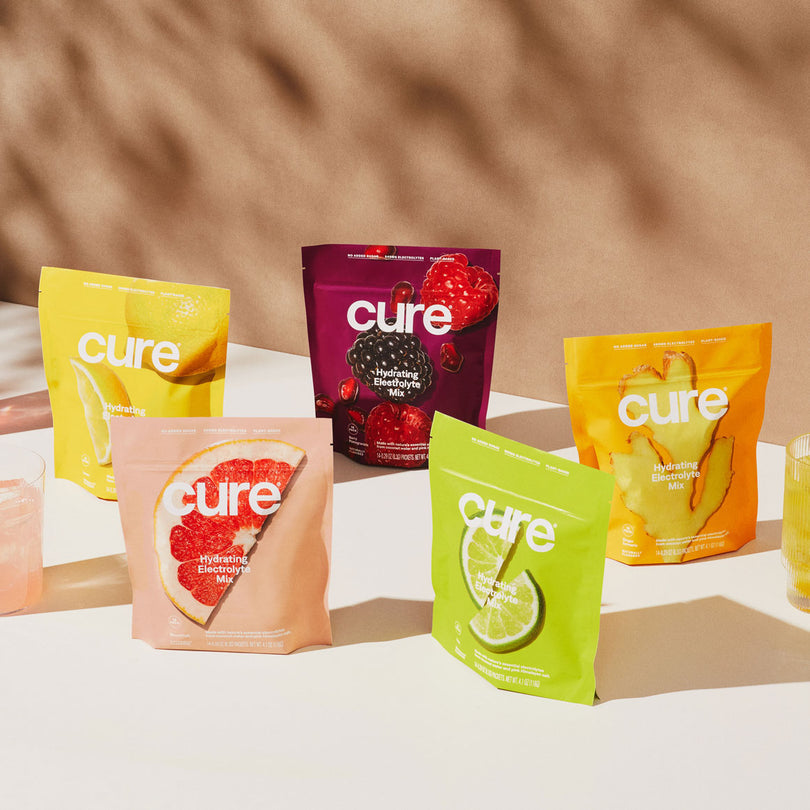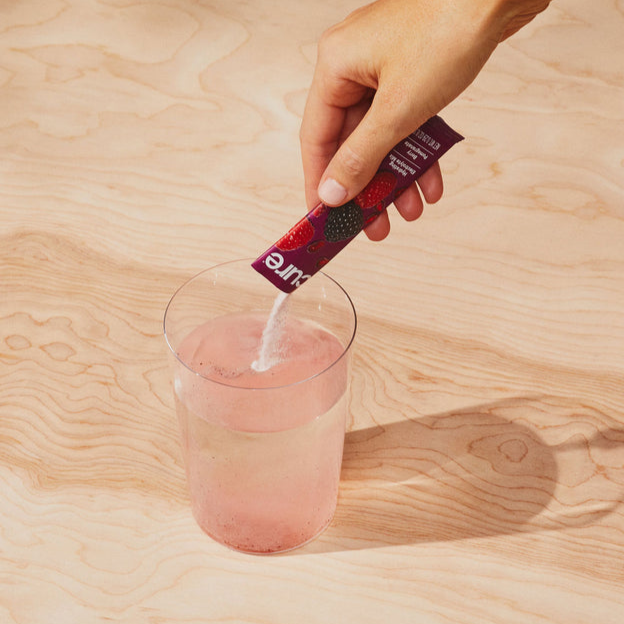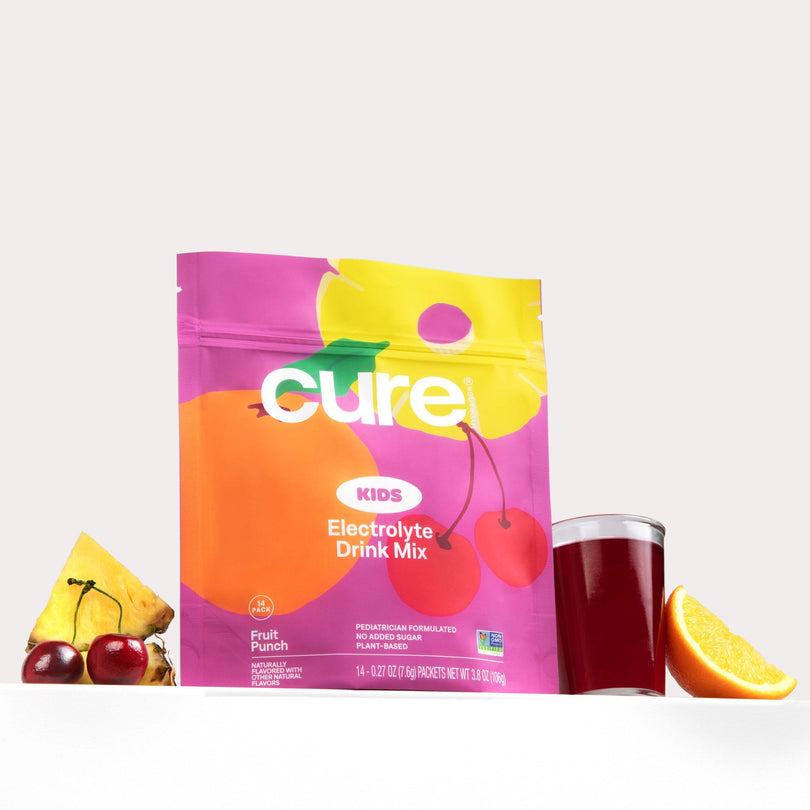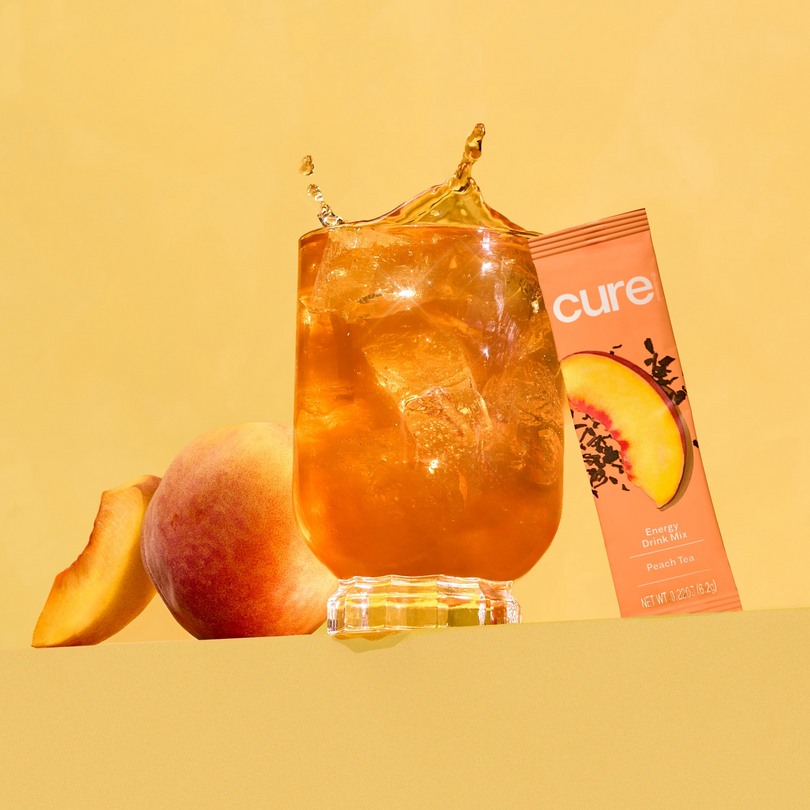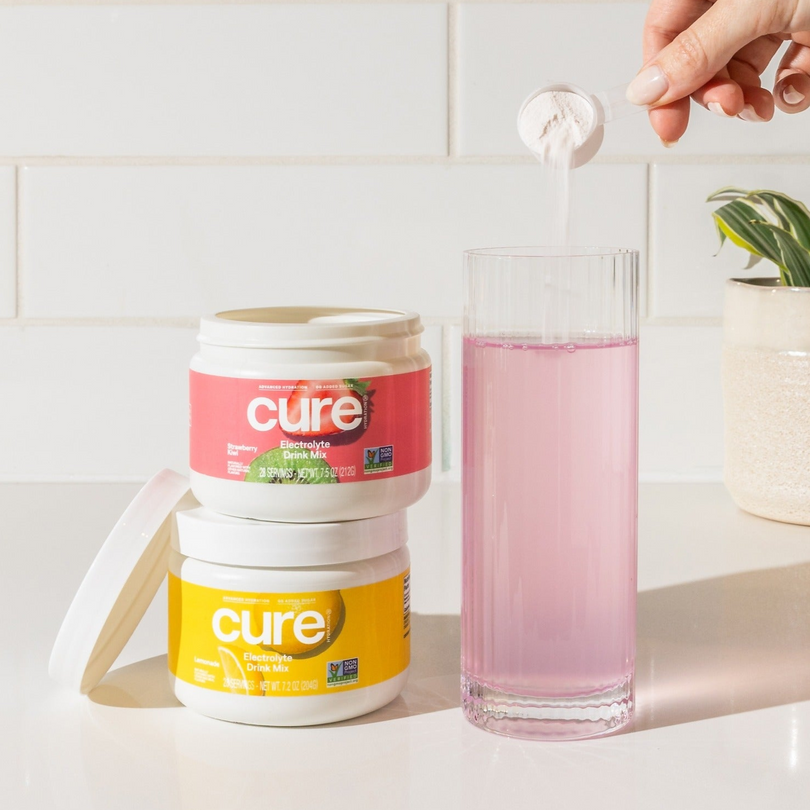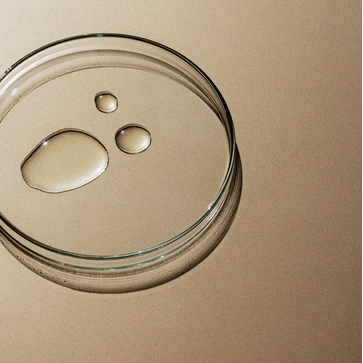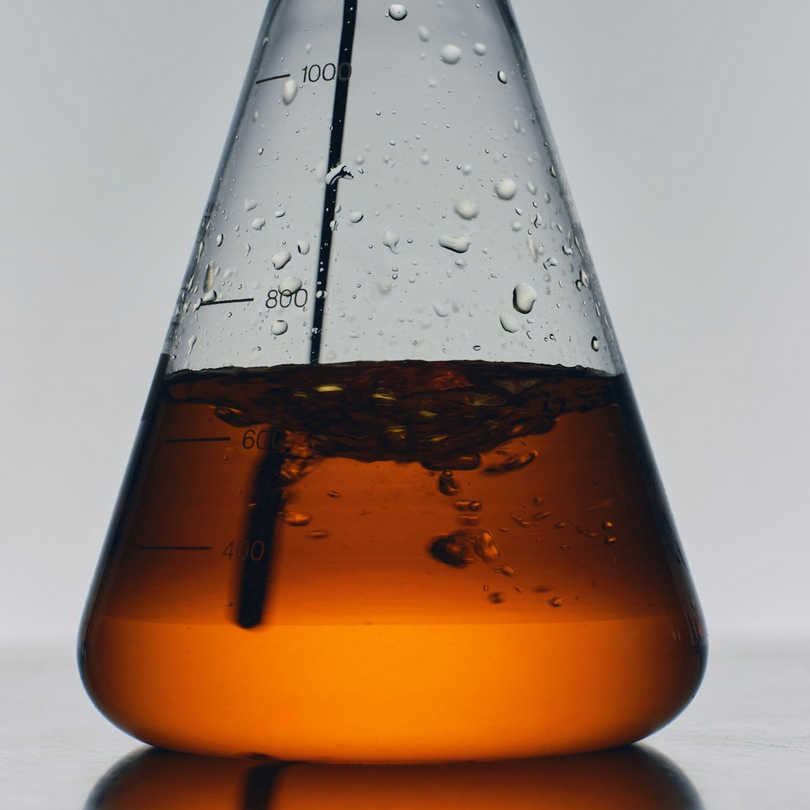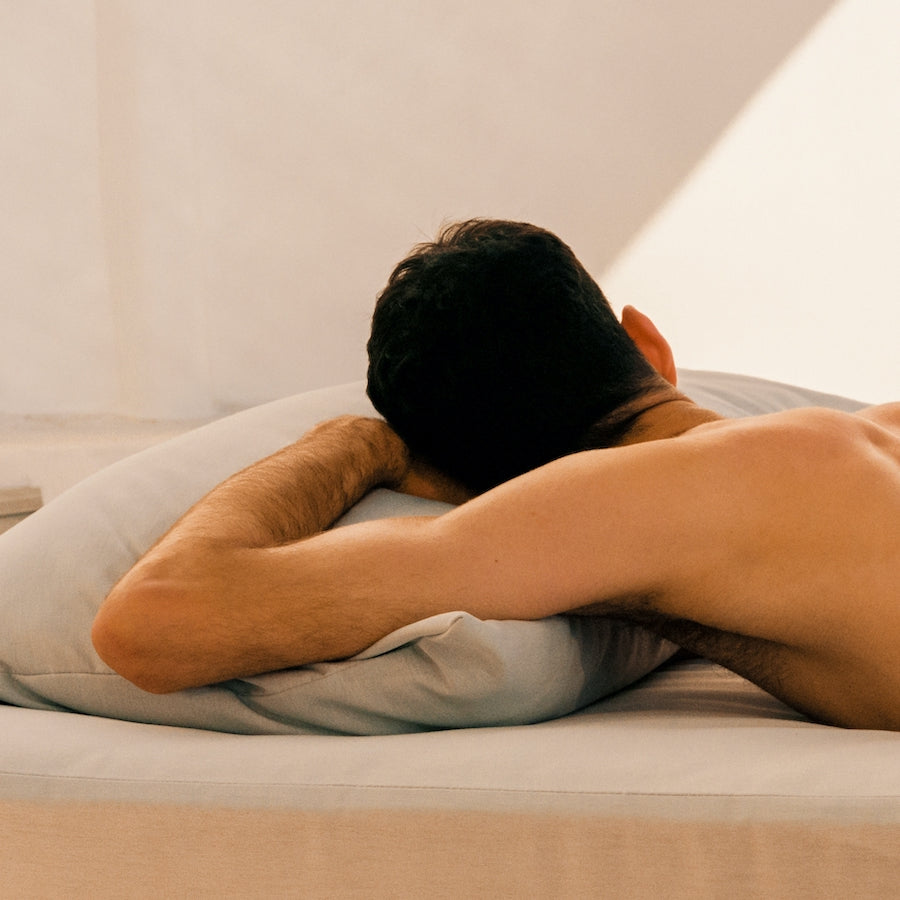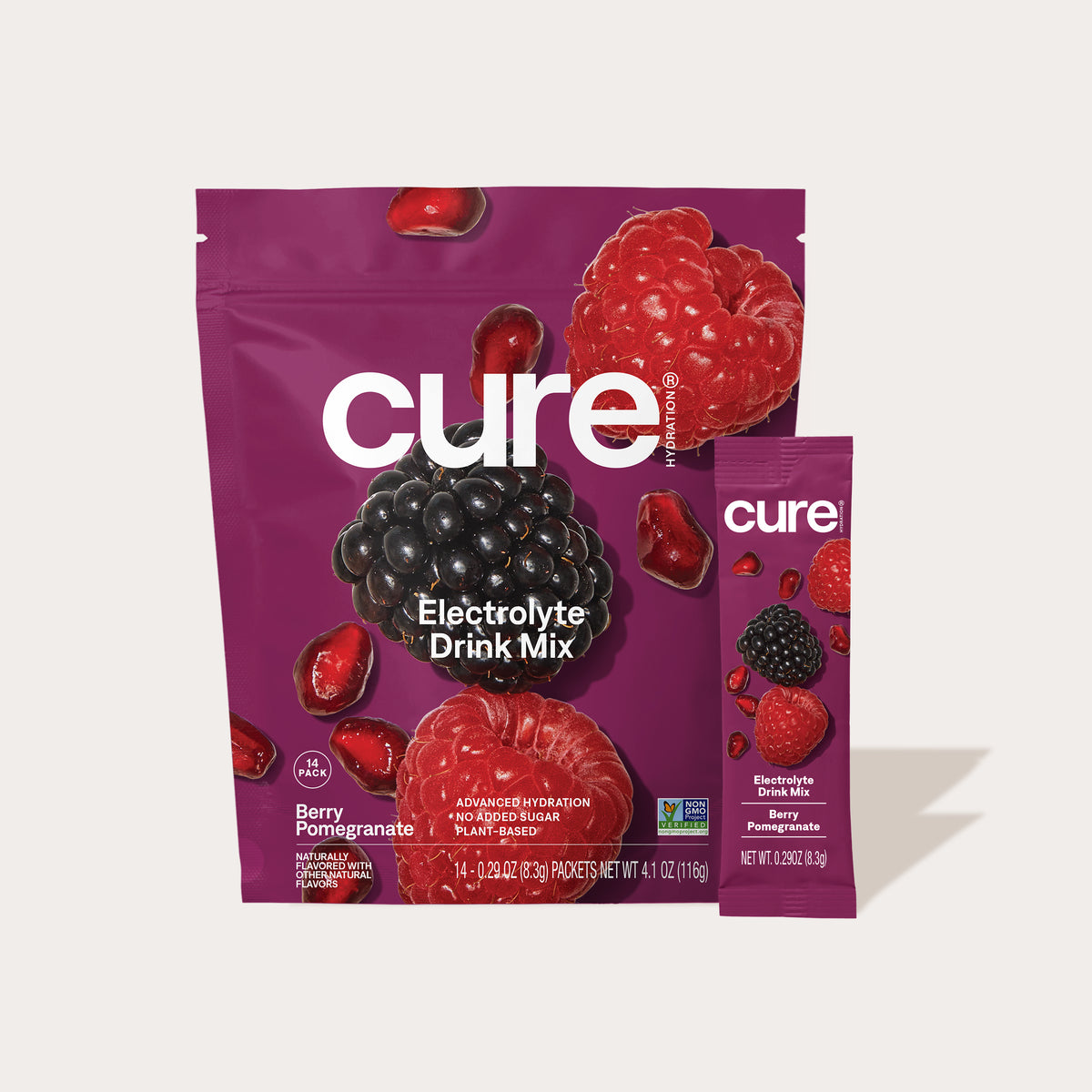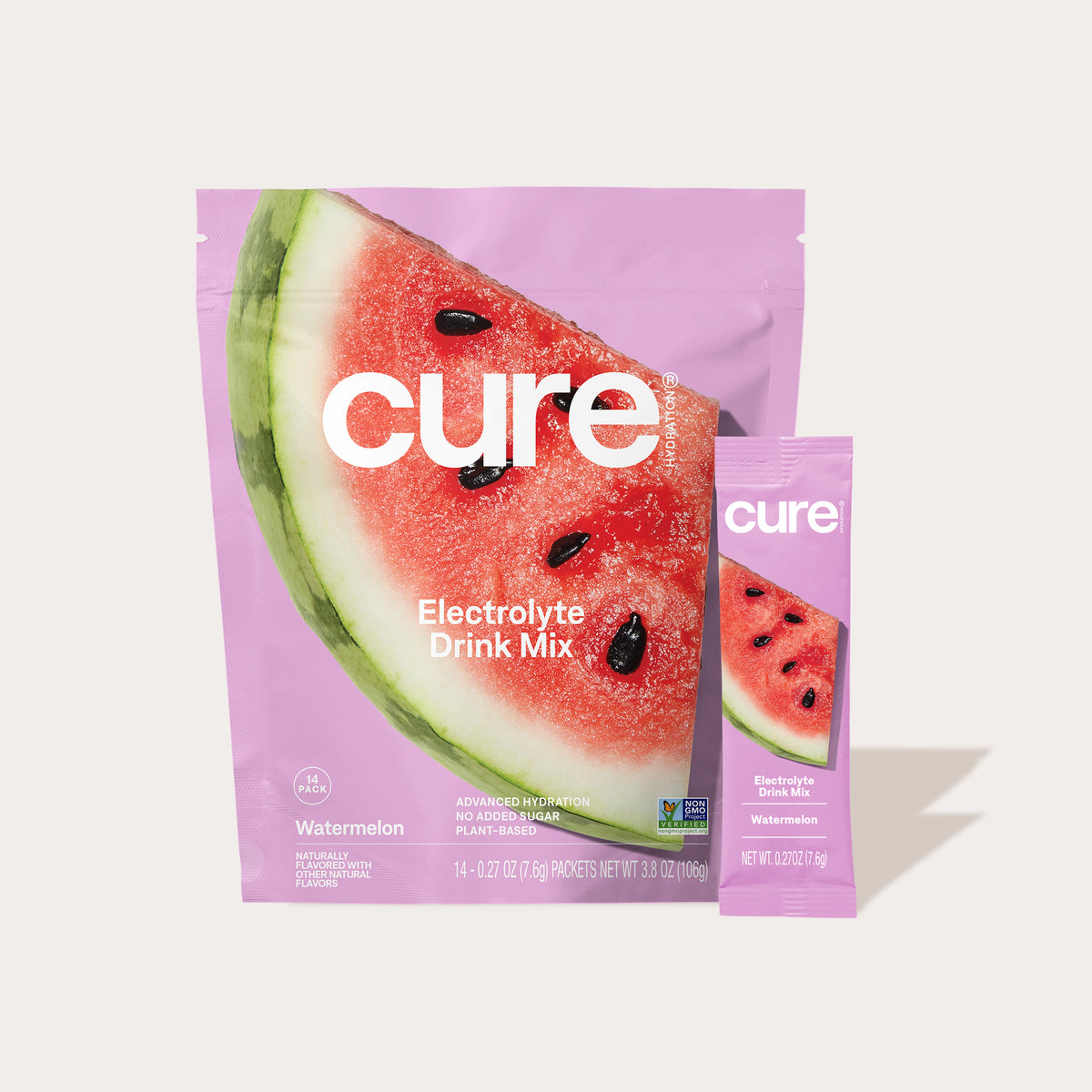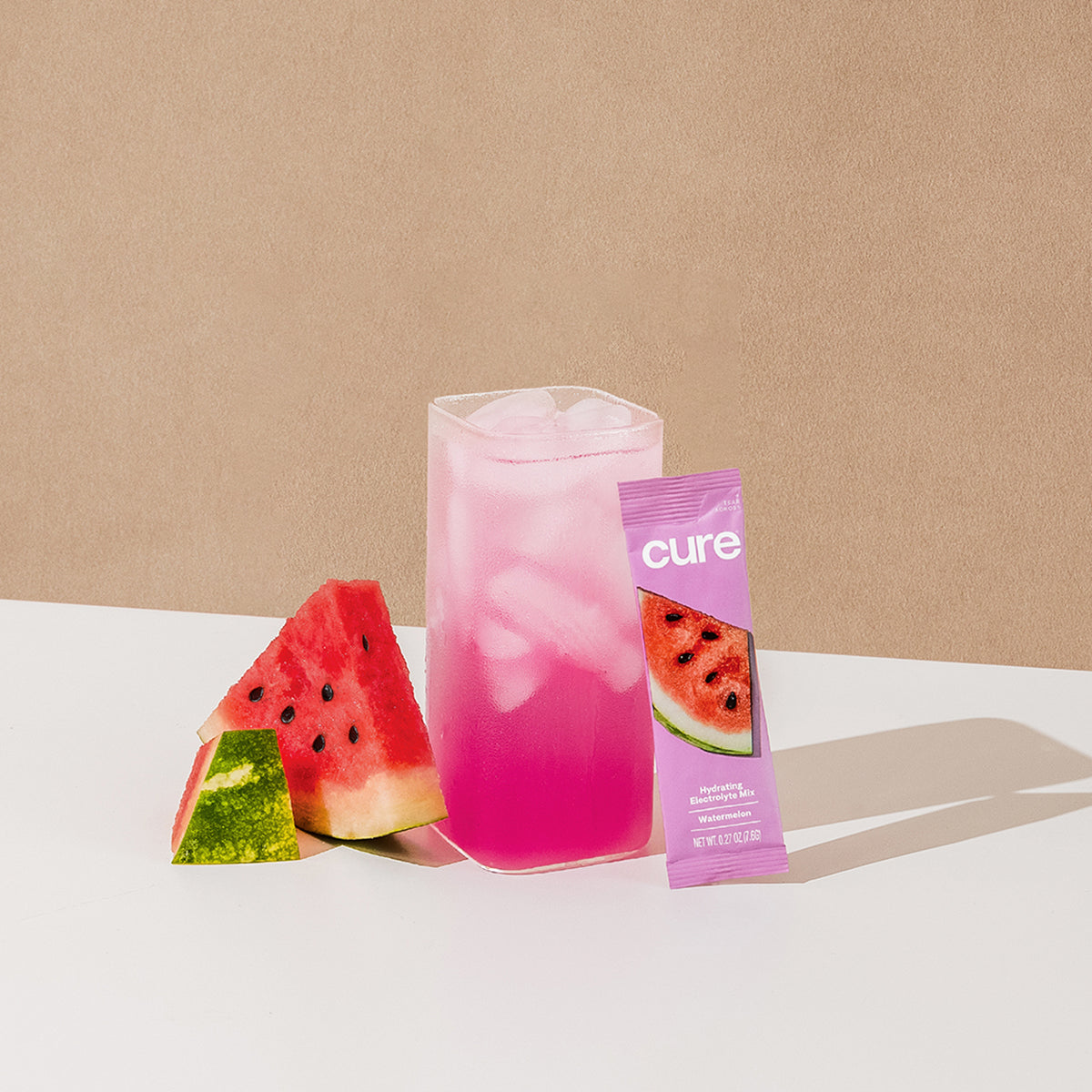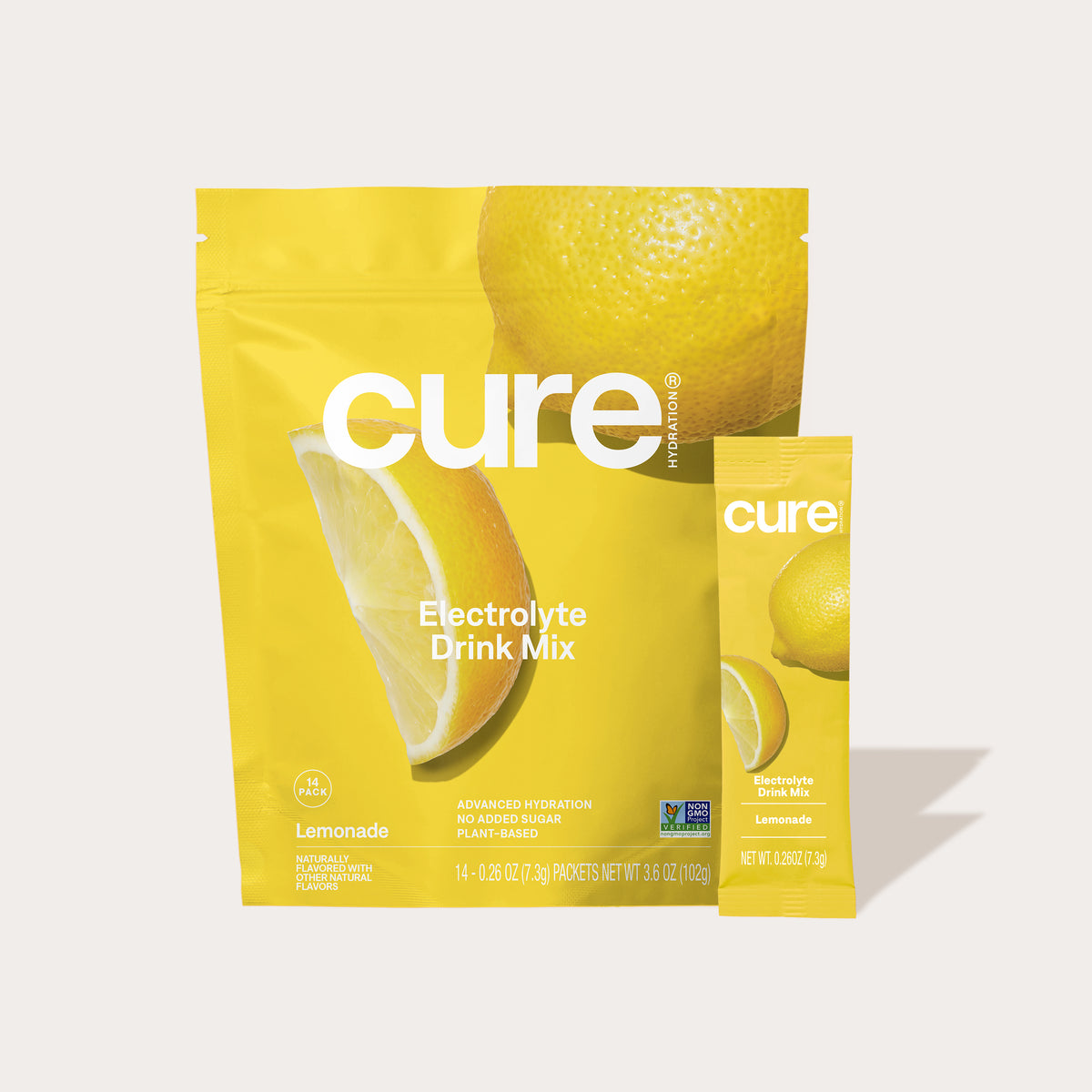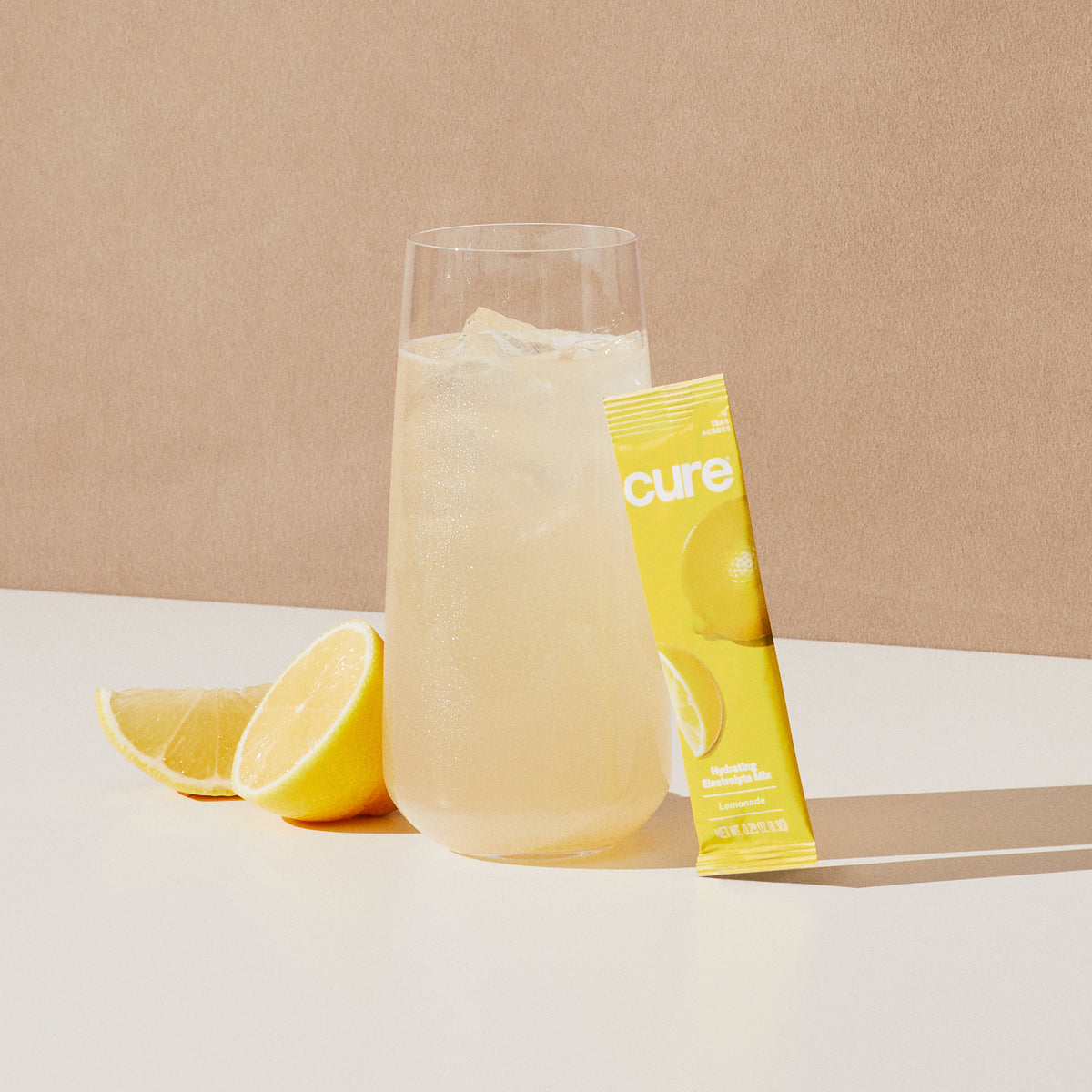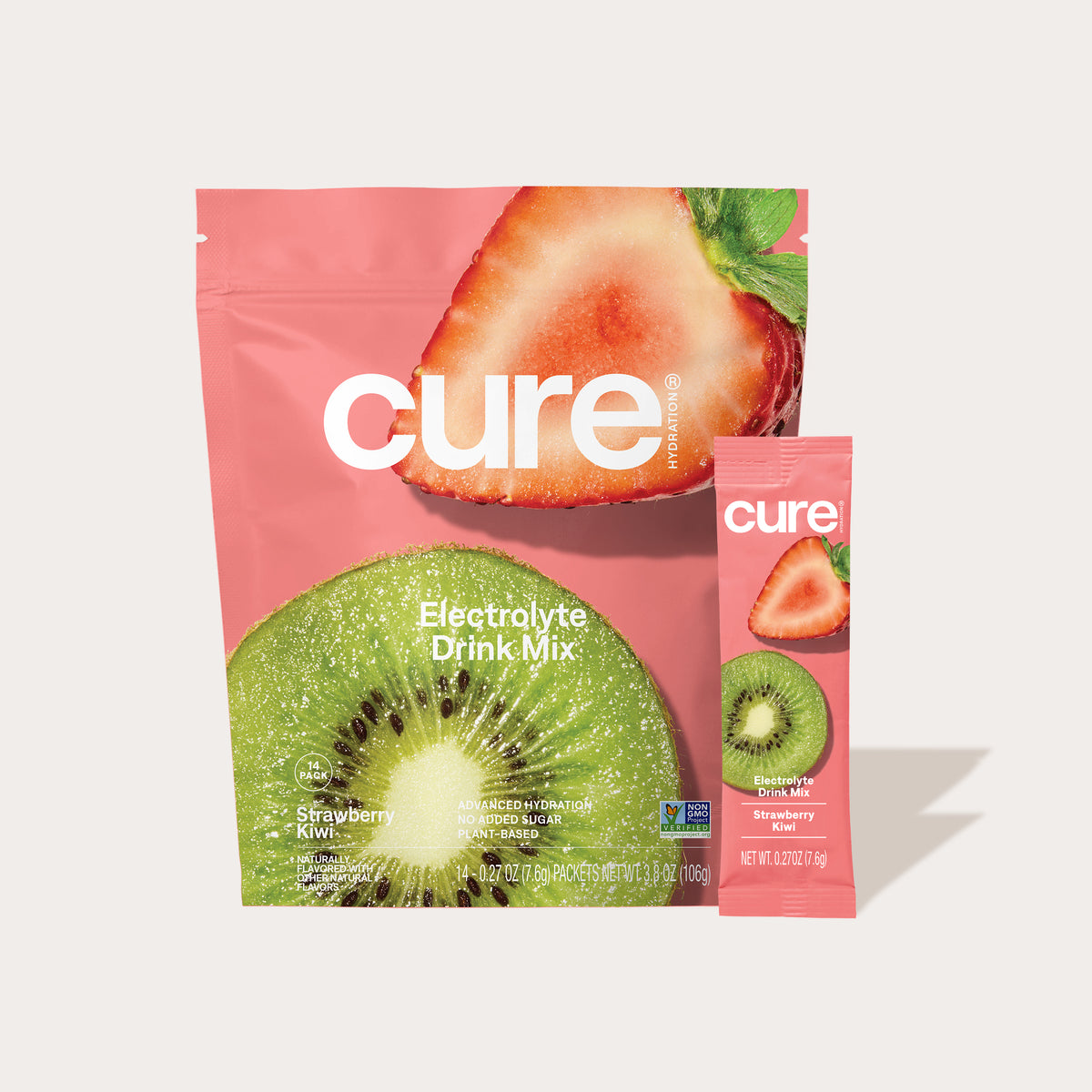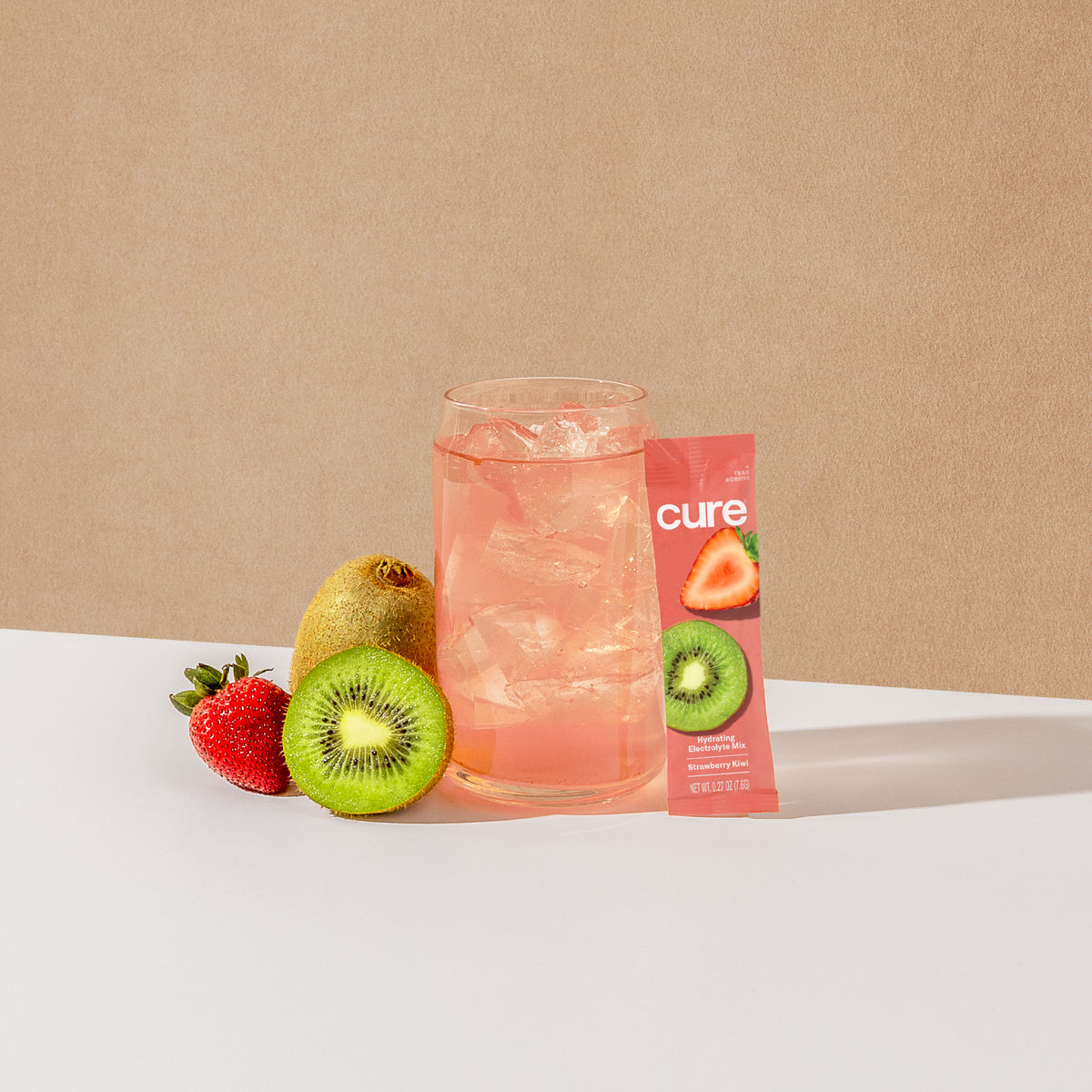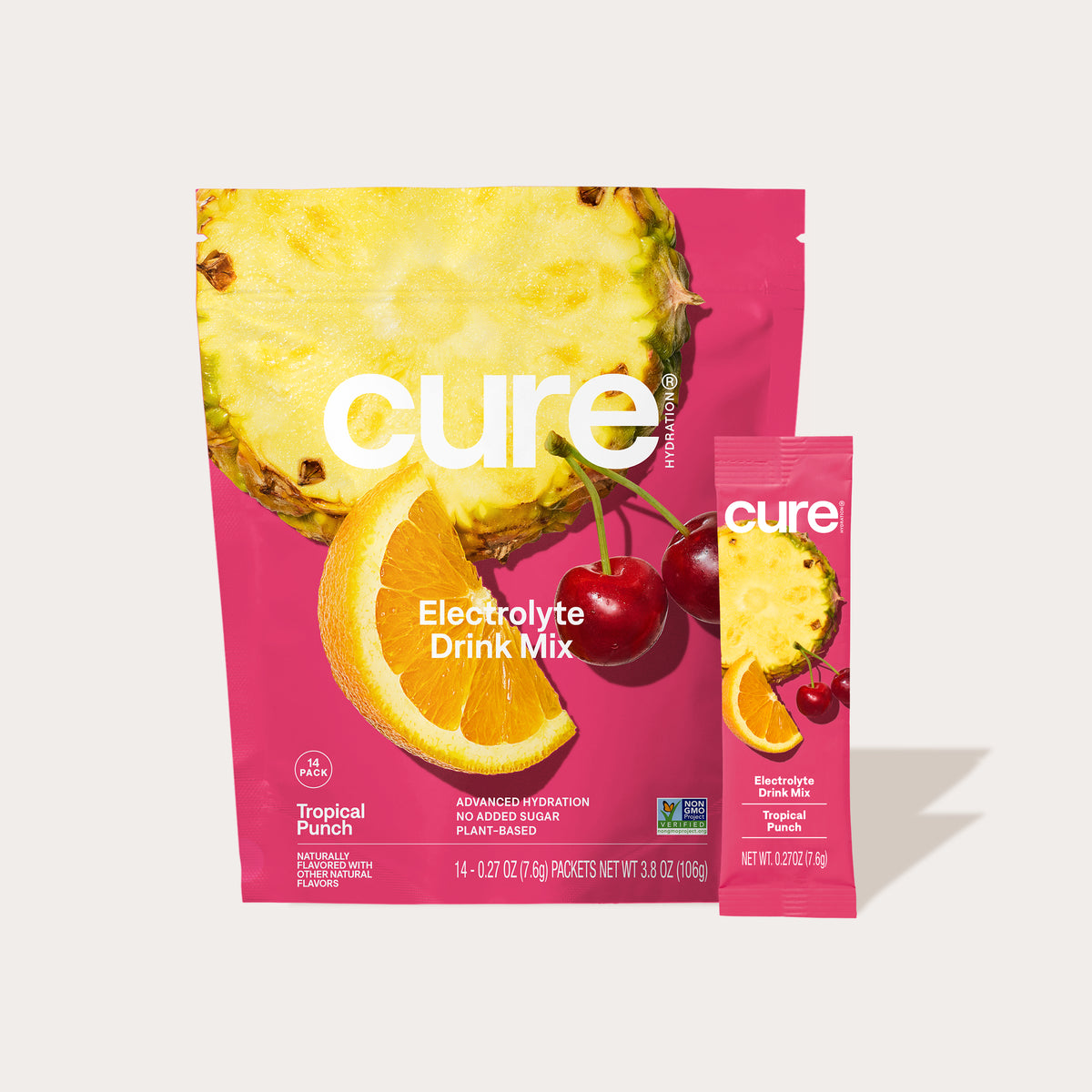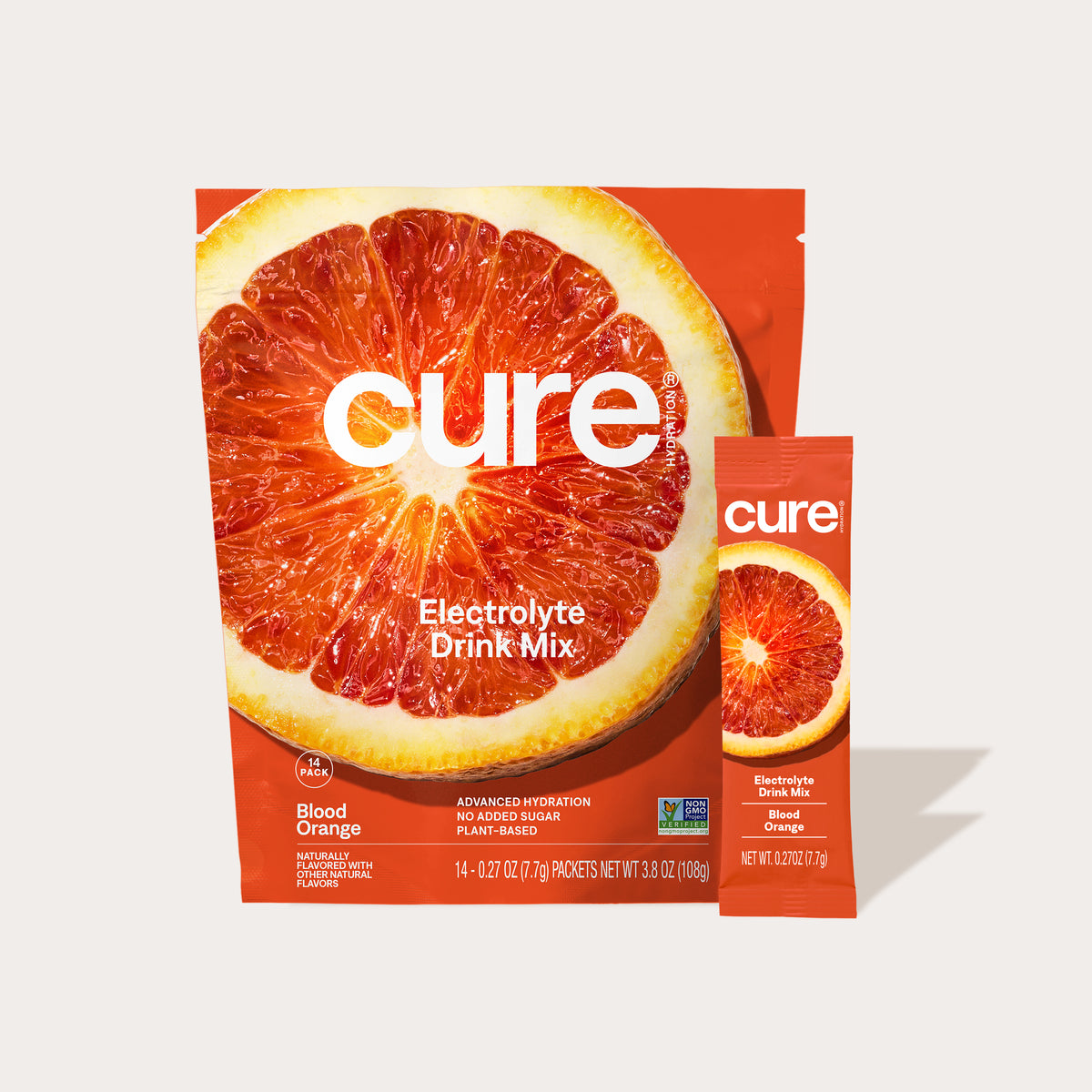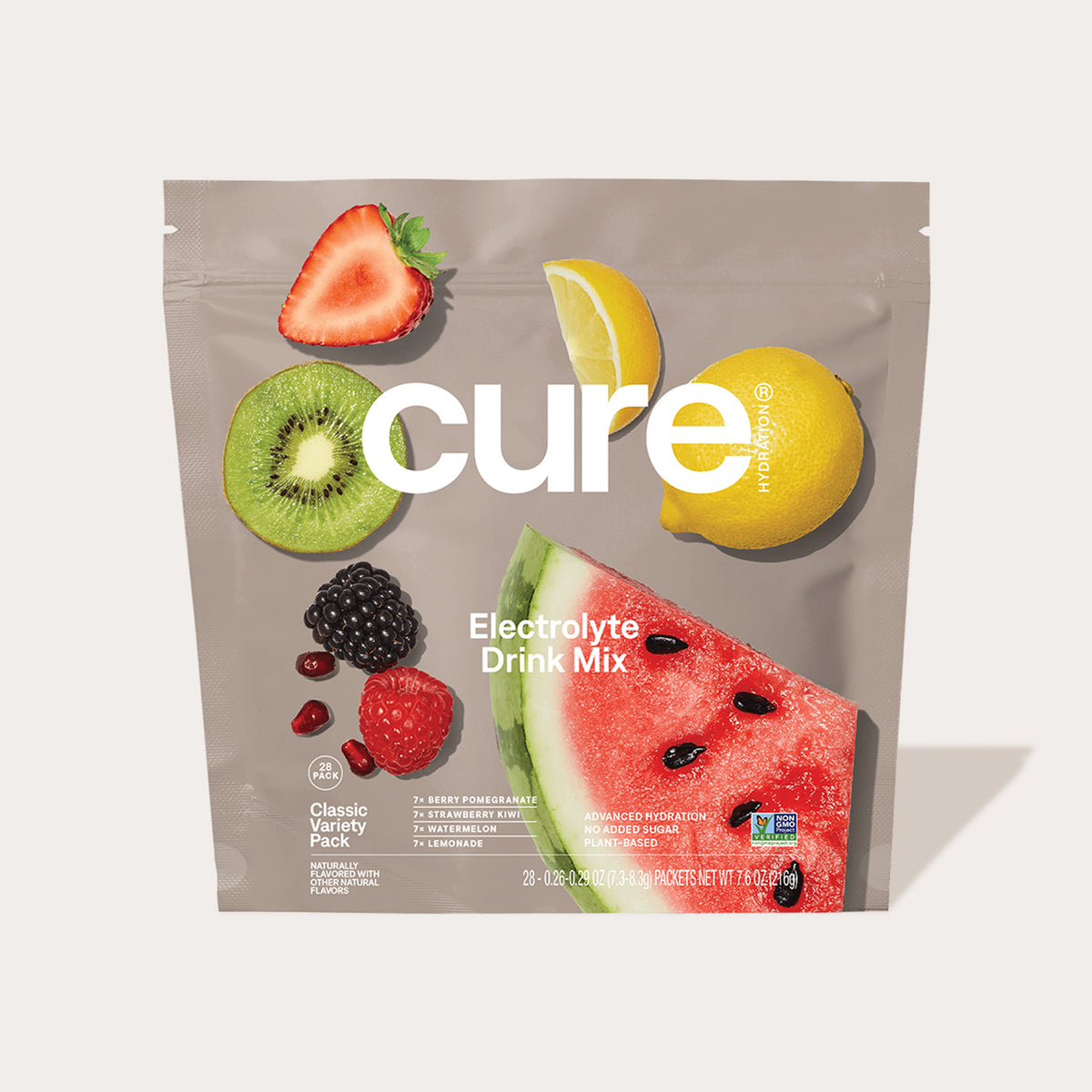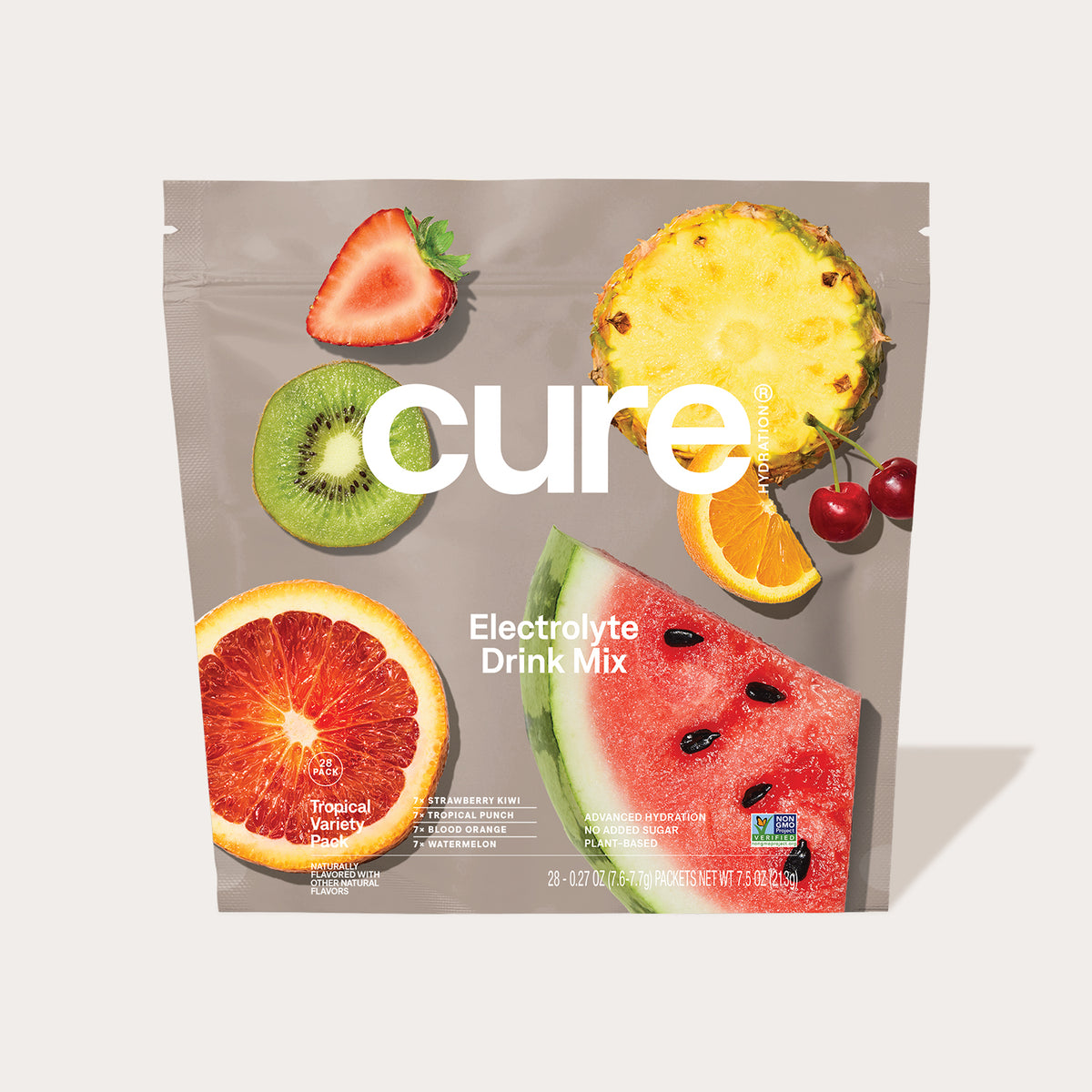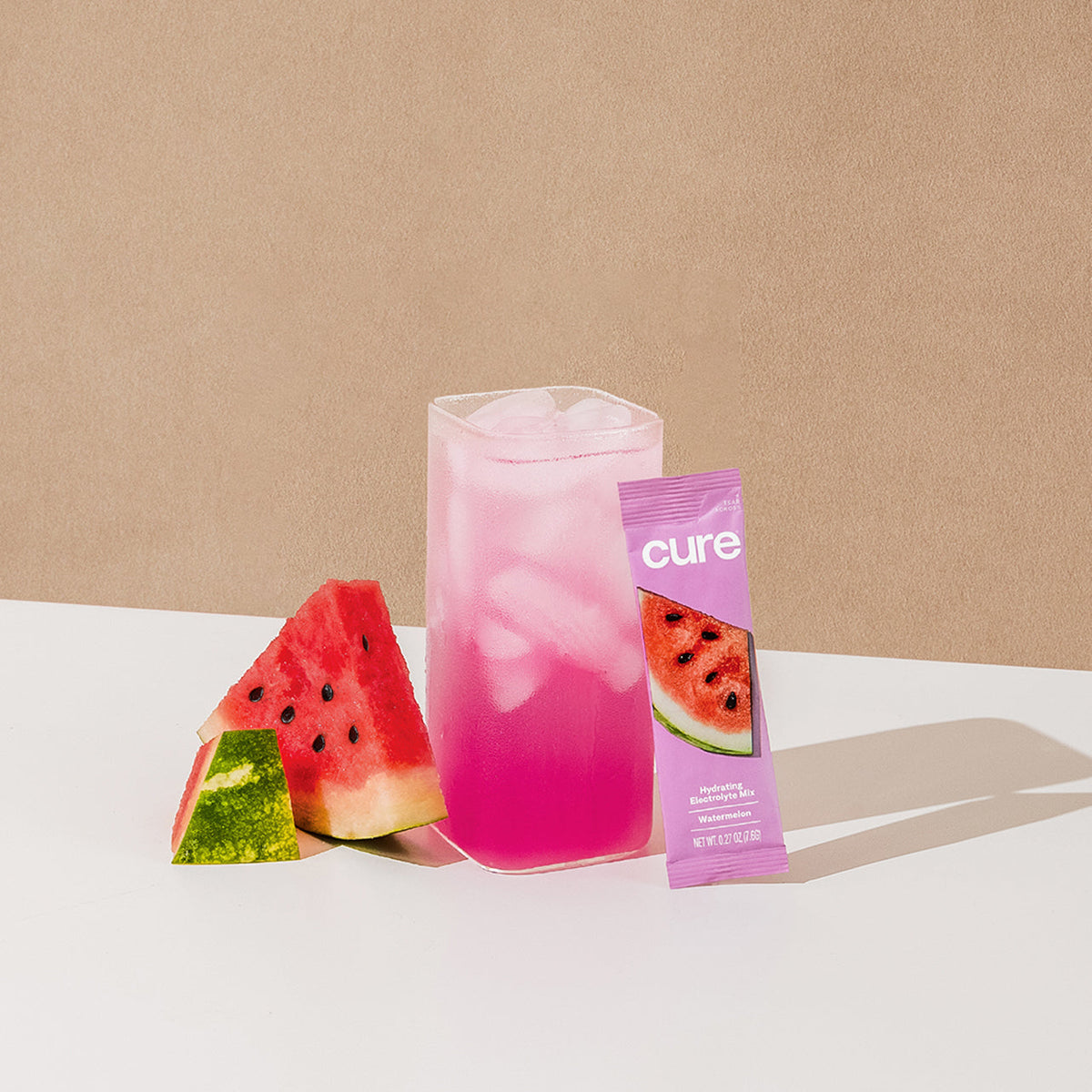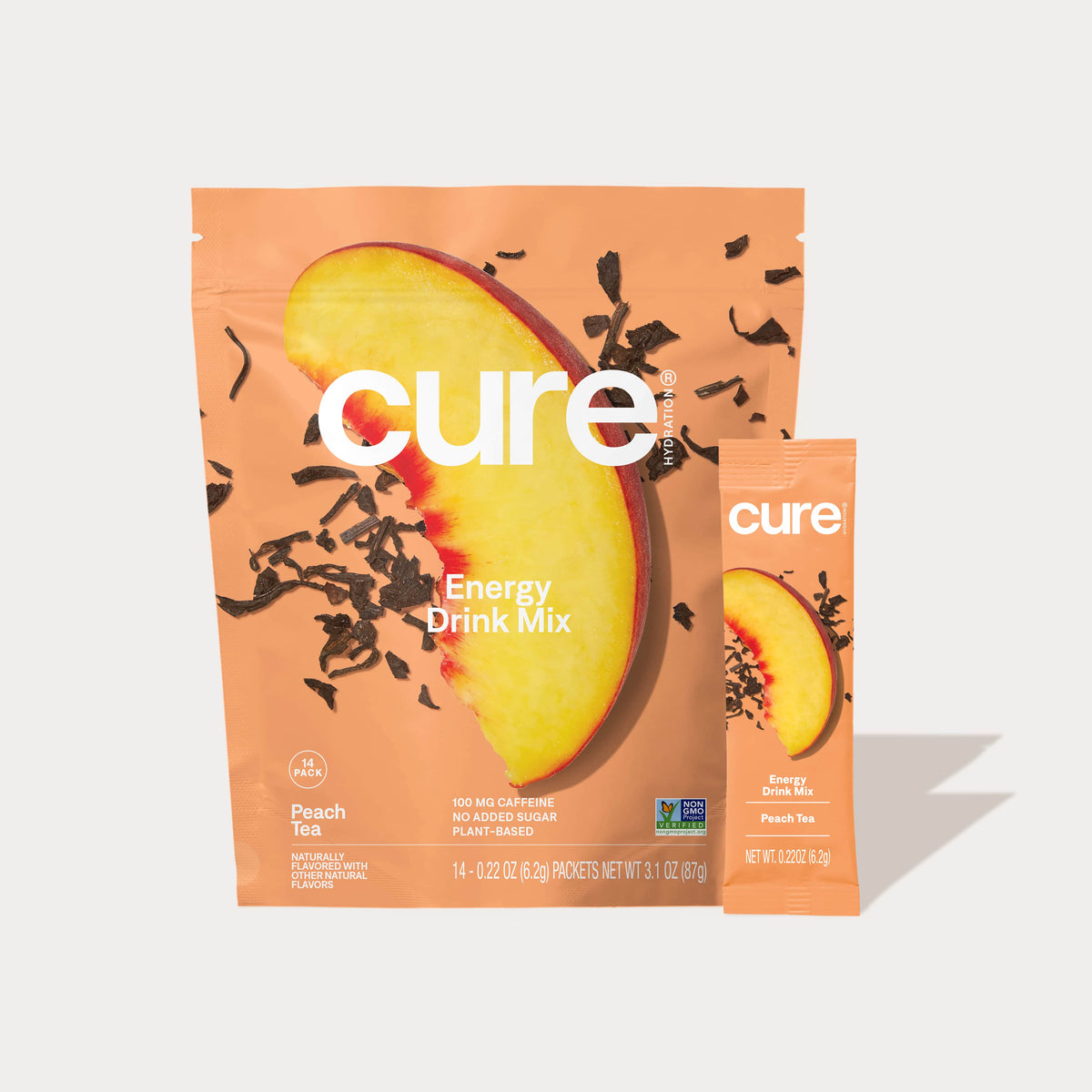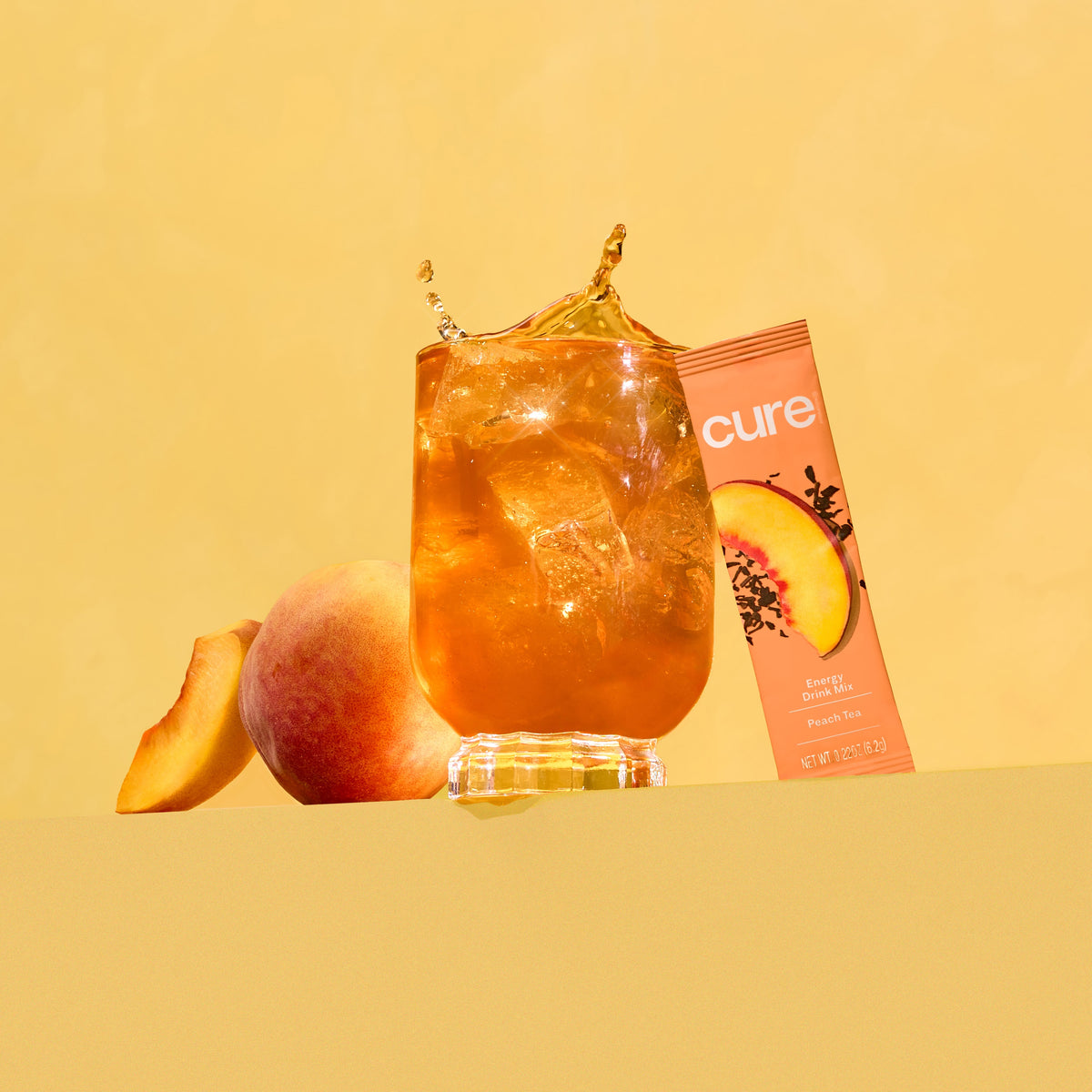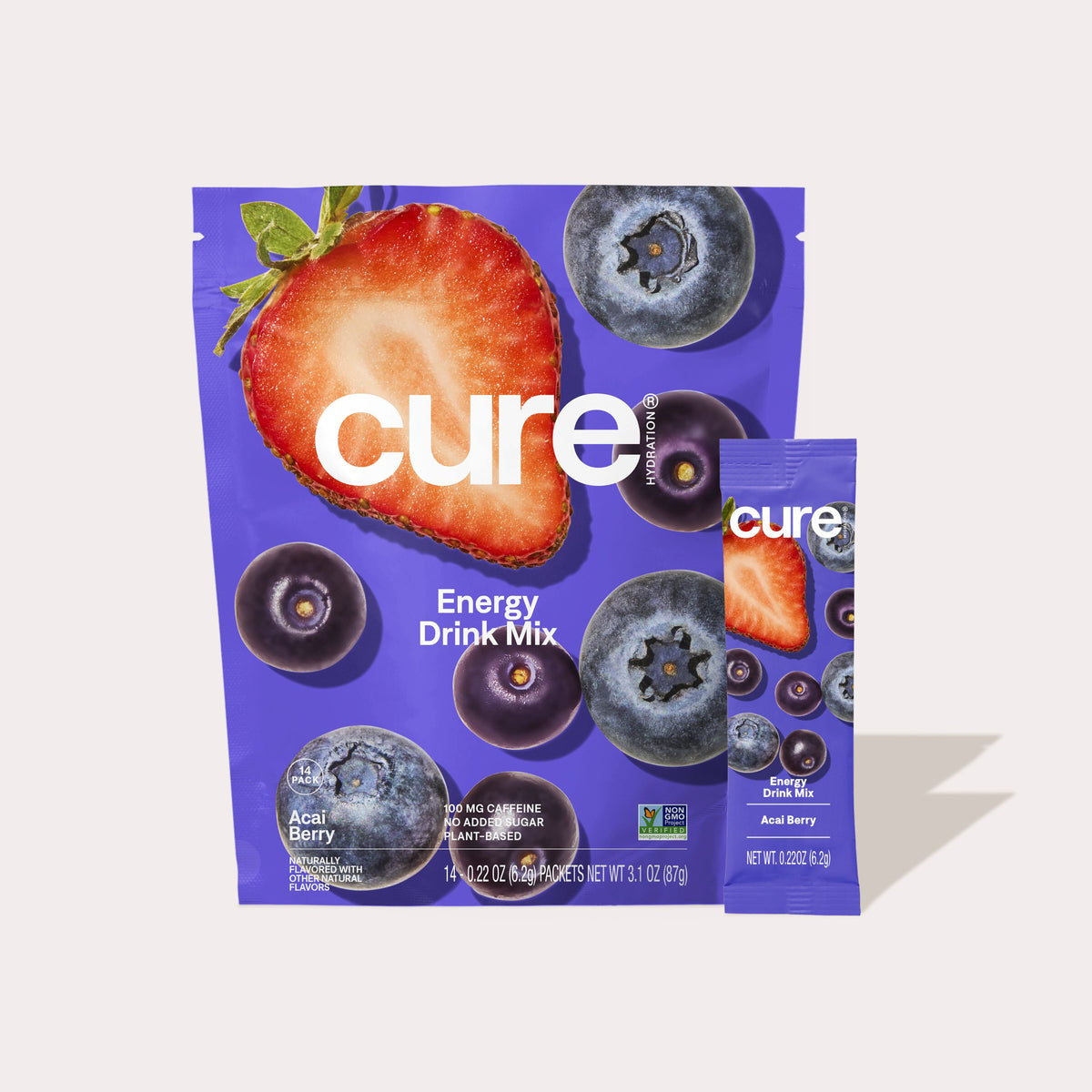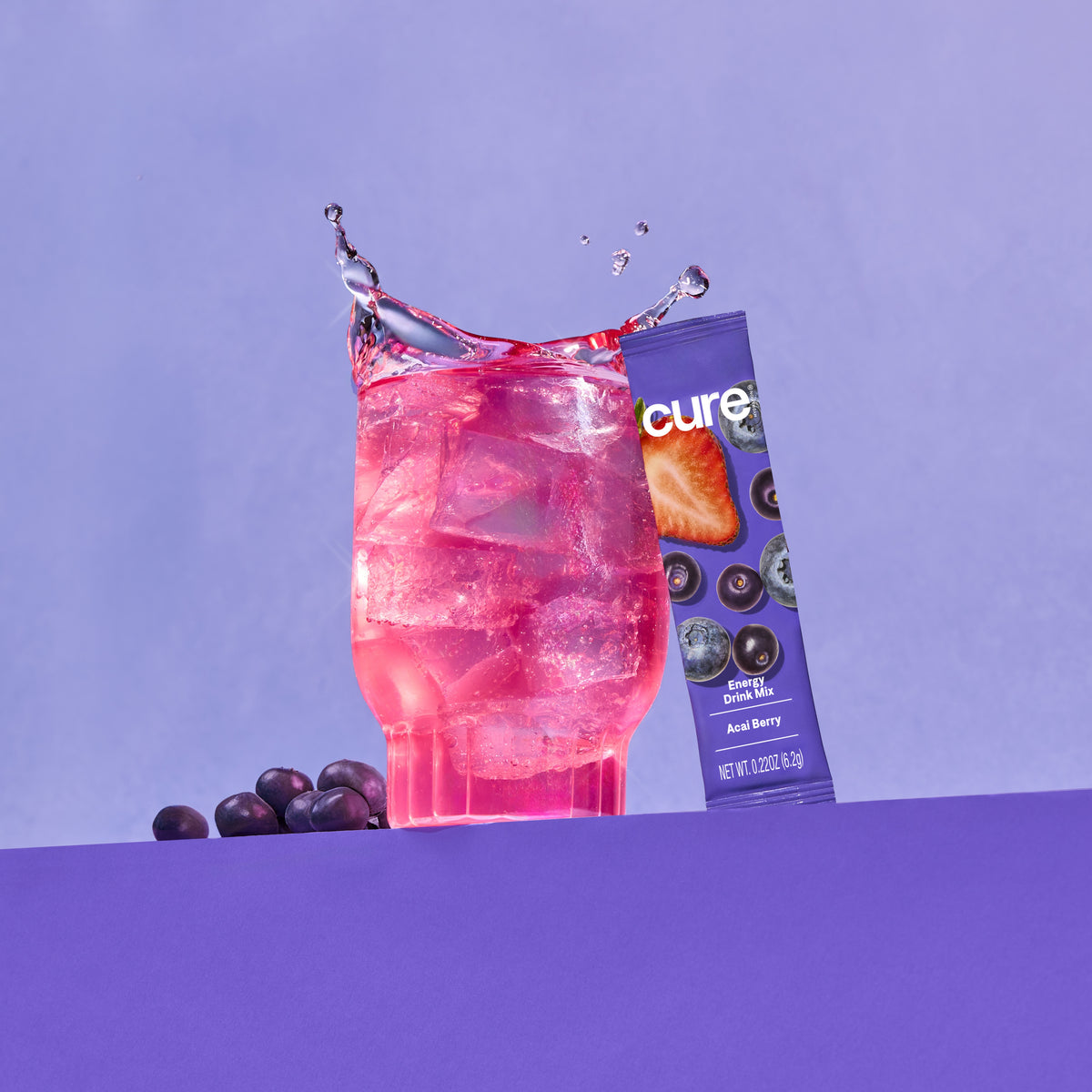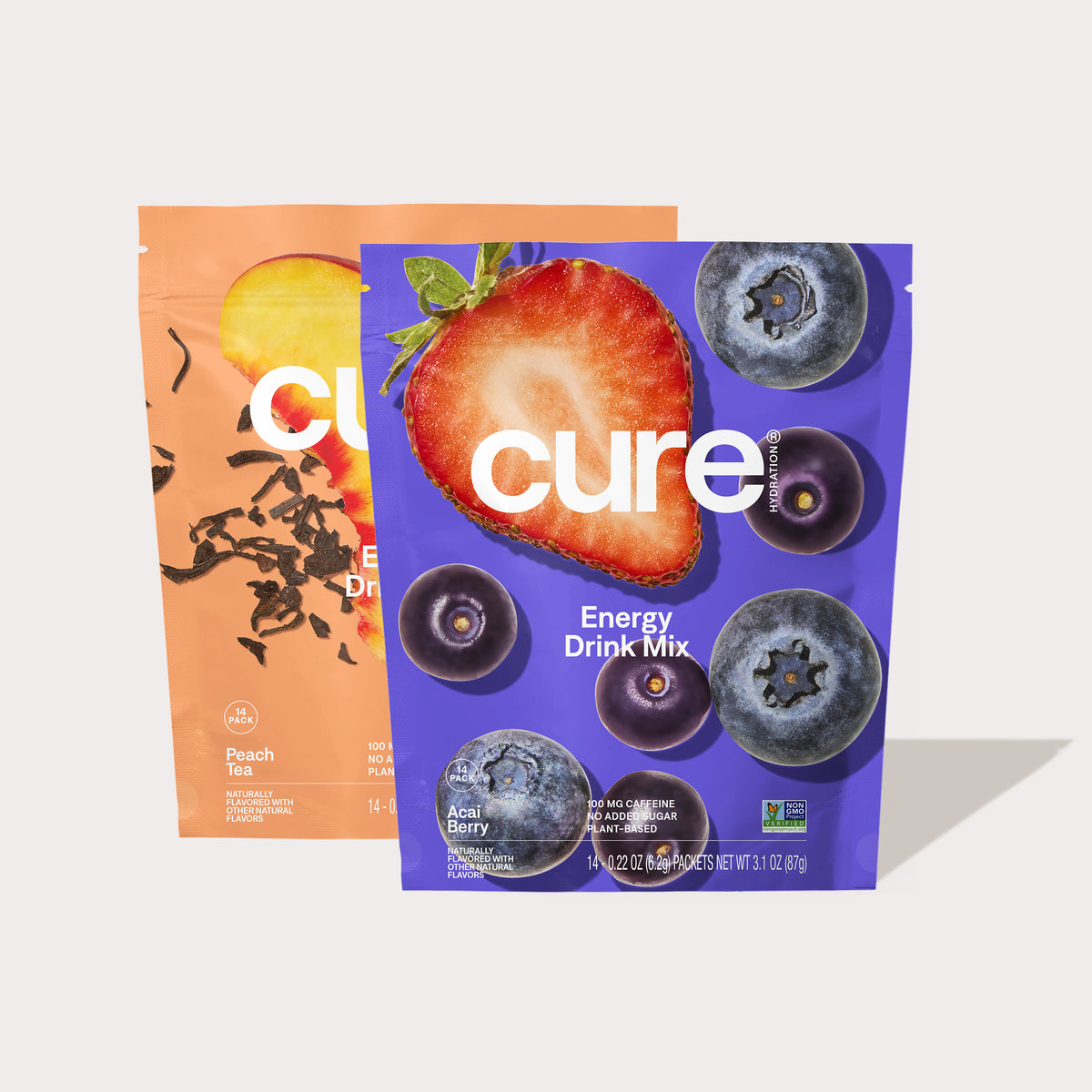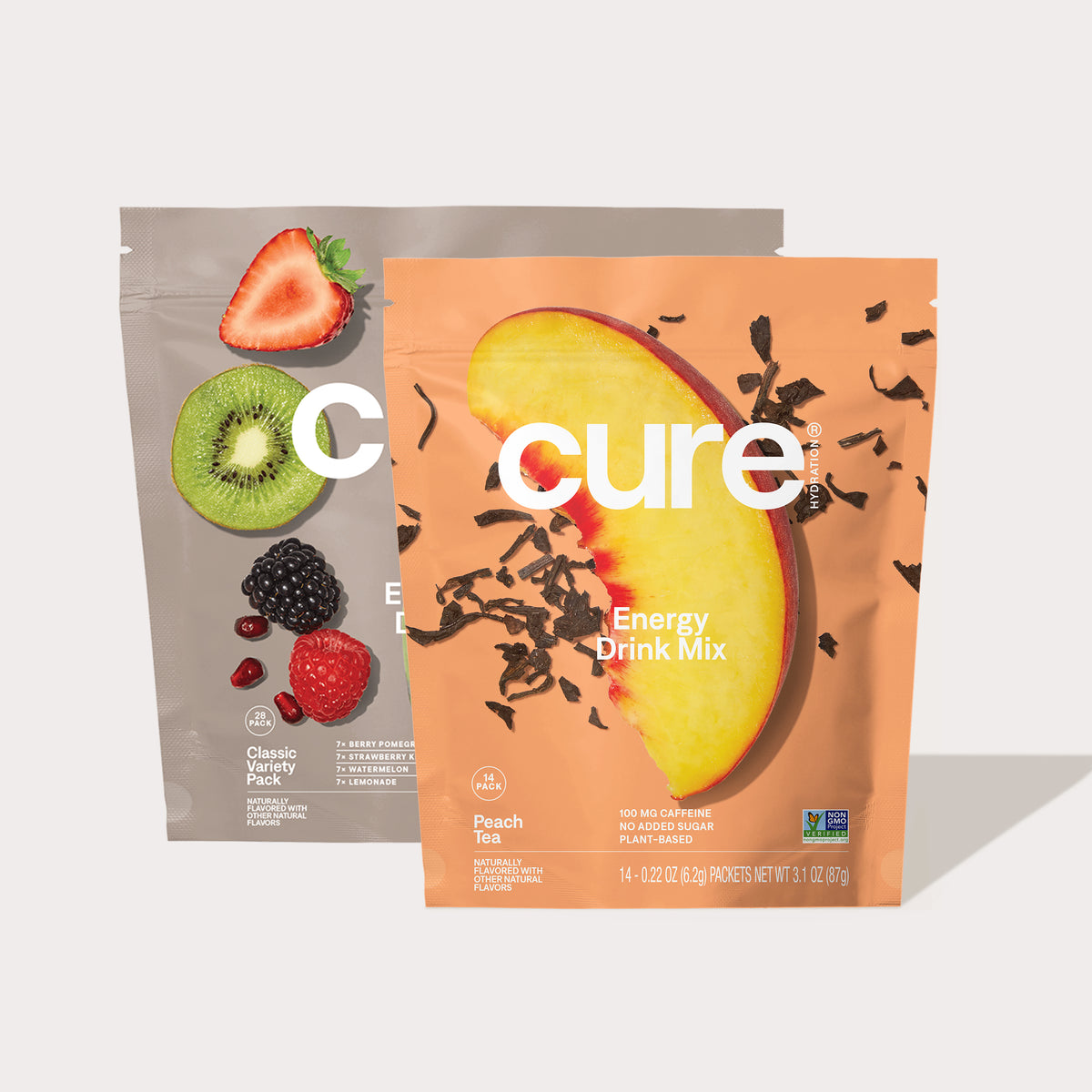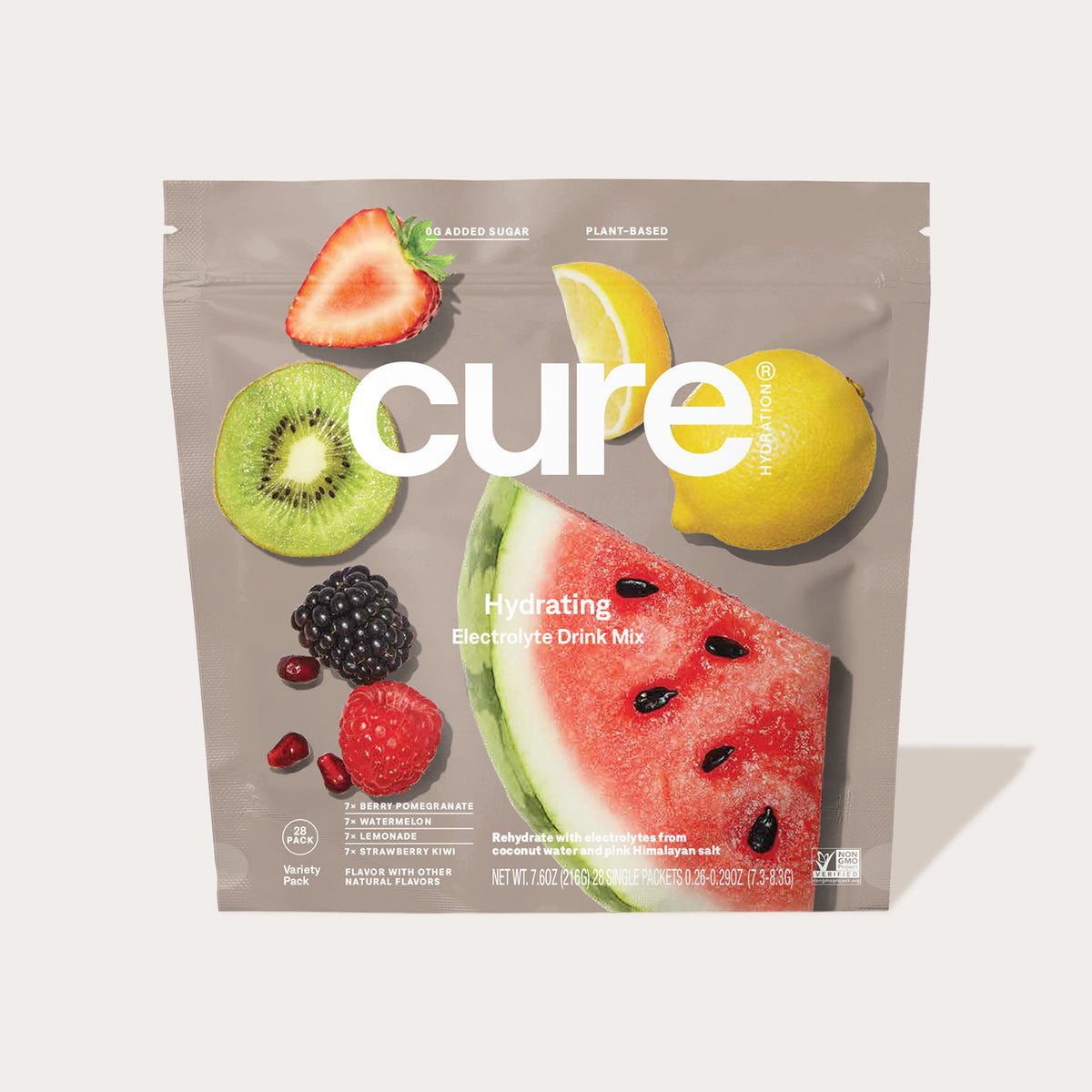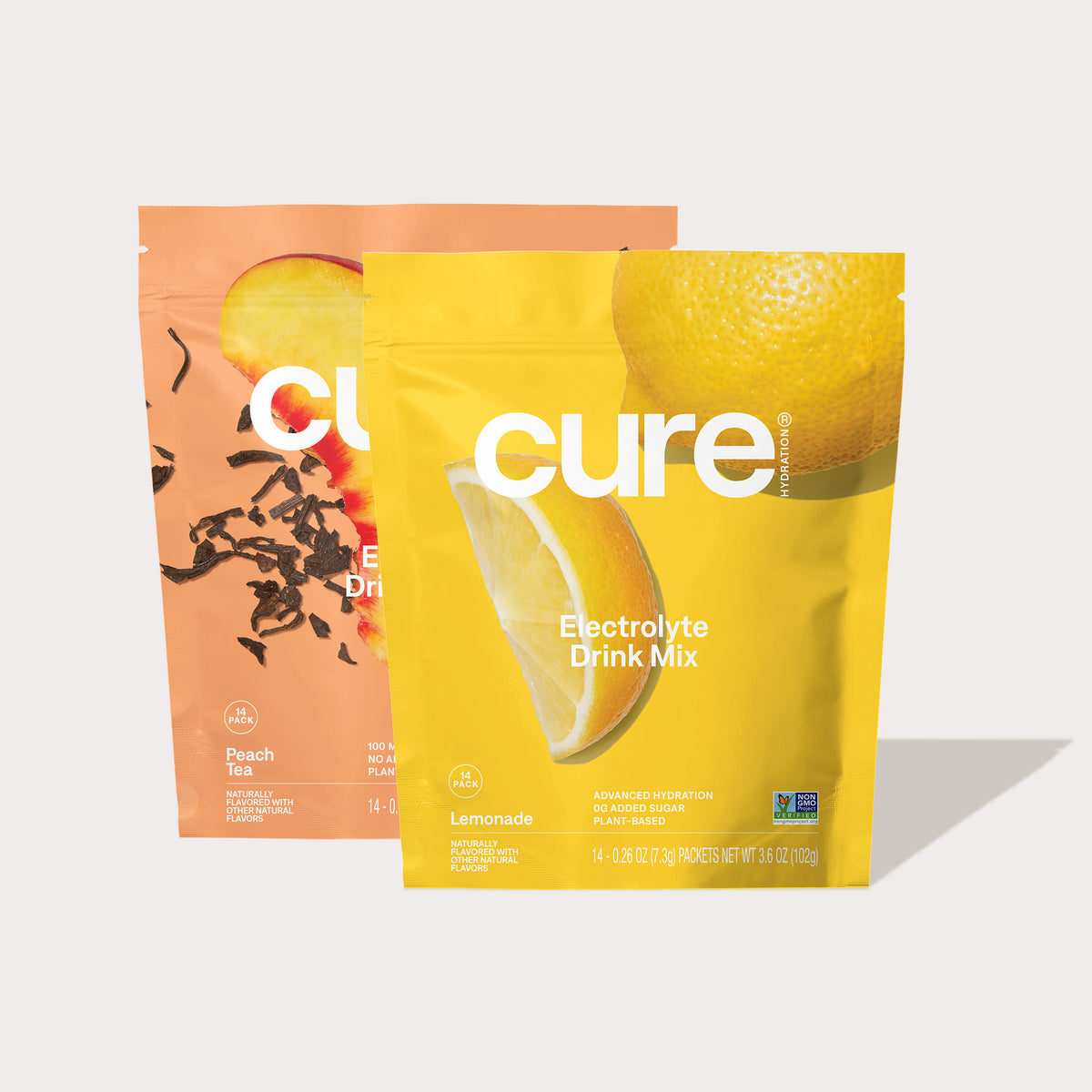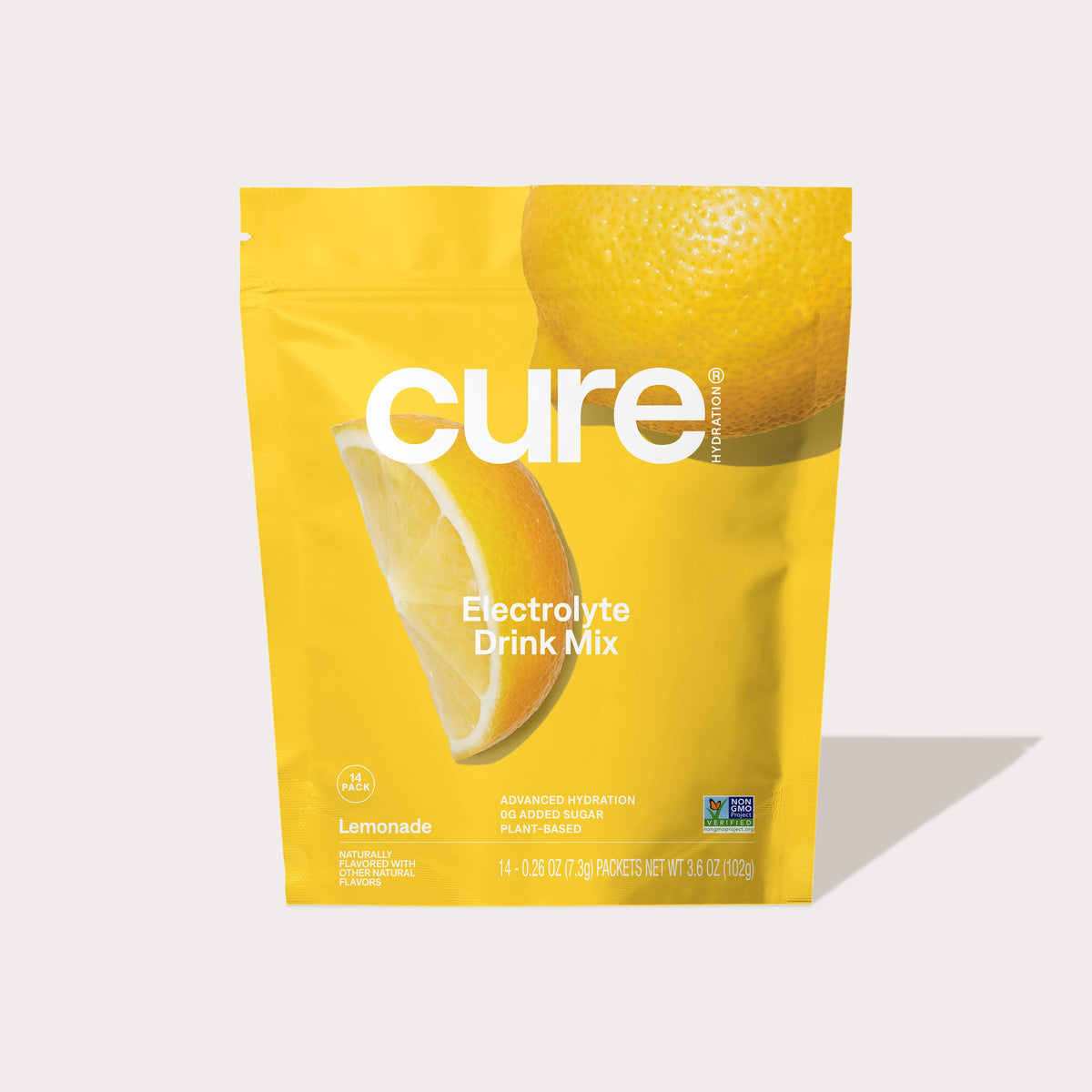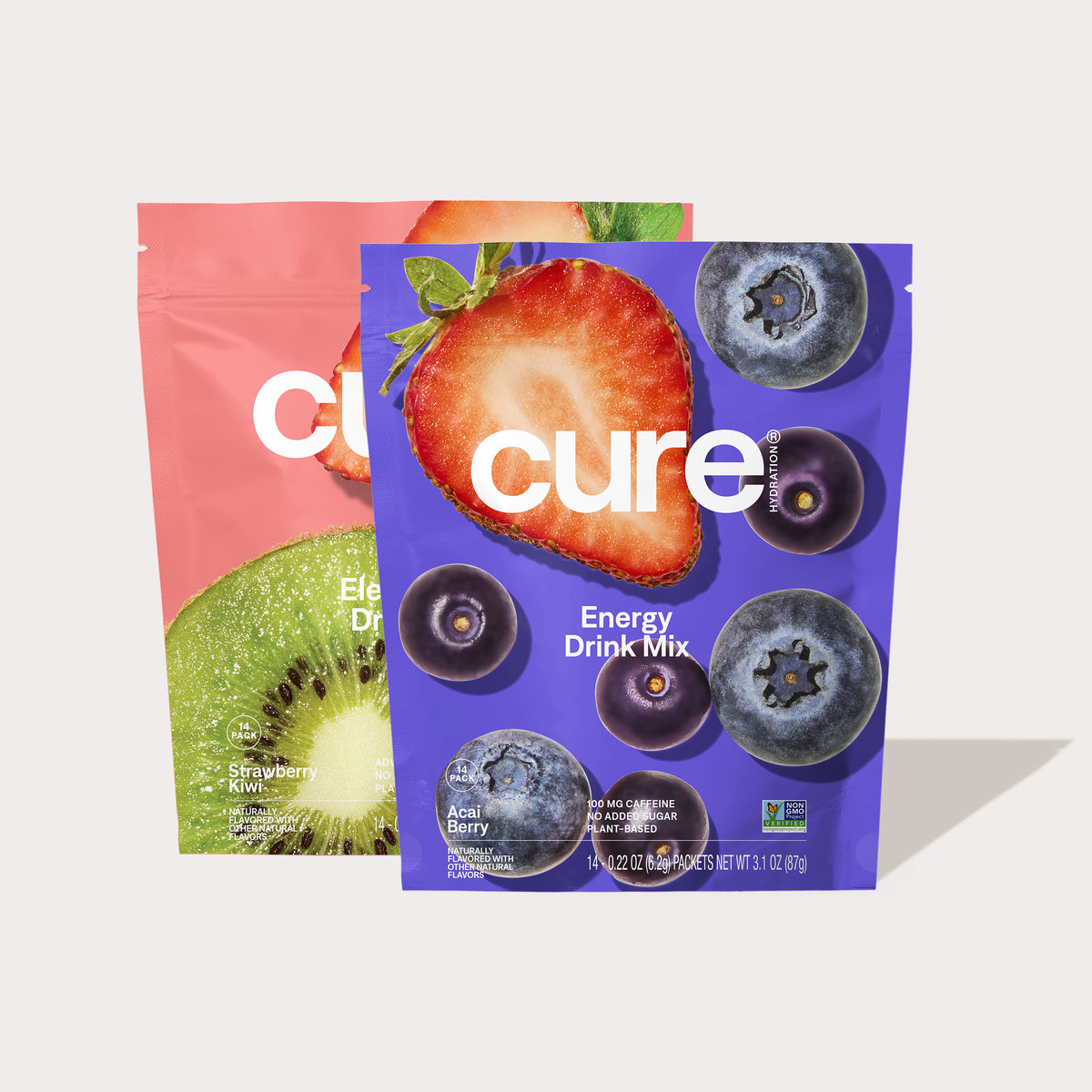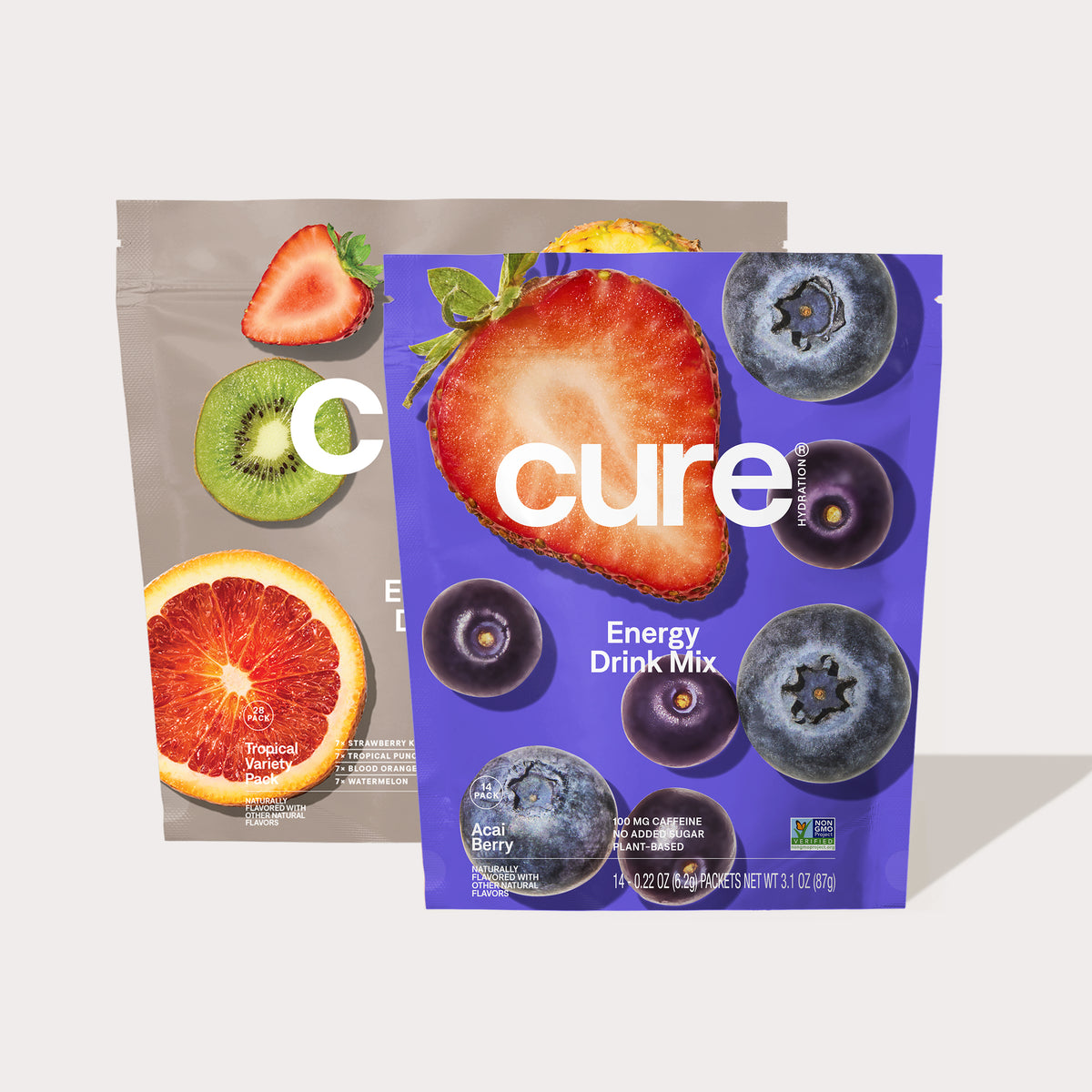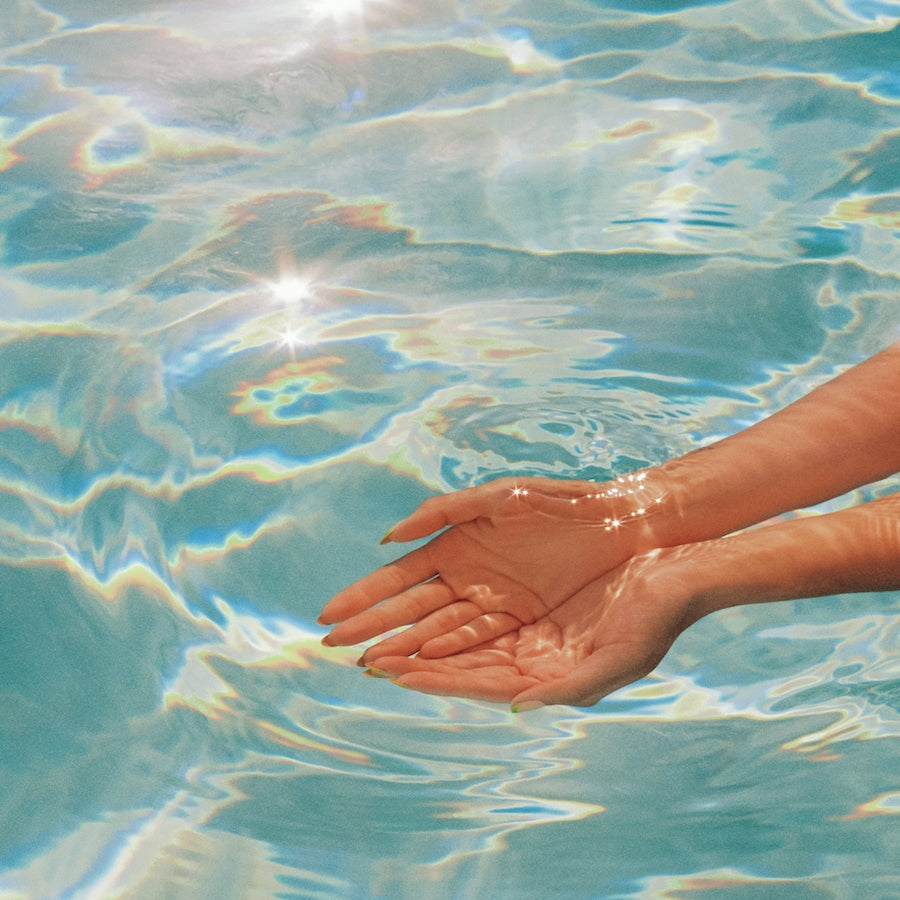Failing to get a well-balanced diet and proper exercise can result in an overall decline in mental and physical performance. Without enough water in the body, you may not only experience dehydration but additional symptoms as well. One of the ways your body can signal an inadequate diet is fatigue. If you experience chronic dehydration, then it is likely you will also experience fatigue at some point as well.
What is Fatigue?
Fatigue is the constant feeling of weakness throughout the body and the mind. If you’re feeling sleepy or completely depleted of energy regardless of how much sleep you’ve gotten, it could point to fatigue.
This can also happen after your normal exercise routine. But after a while, you should feel more energized as opposed to exhausted. Unless you ran a marathon or two. But we’re guessing if you’re here, that isn’t the reason. When you're dehydrated, your body will feel worse after a workout than better.
Fatigue can also cause lapses in your ability to think clearly or carry out daily routines. Are you suddenly more forgetful than usual? Is it becoming harder to keep track of when and if you fed the dog or if you remembered to take your pills? Are you starting to make careless errors at work or at home? While forgetfulness isn't solely caused by fatigue, it can be a major player in why you may not be up to par mentally as you normally are. Without help, it can be hard to get out of the slump you’re in.
What Does Hydration Have to Do with Fatigue?
The brain consists of approximately 70 percent of water. If you don’t have enough in your body, you can’t expect anything to work too well, can you? (Hint: the answer to this is HECK NO!)
Plus, if you aren’t giving yourself enough water, how do you expect to recover from the fluids and electrolytes that are naturally lost through your sweat? You can’t! It's as simple as that. If you don't give your body what it needs, it'll let you know in every way that it can...and that isn't fun.
Symptoms of Dehydration
Signs of dehydration come in many forms when you're not getting enough fluids. Some of them may include the following:
- Thirst
- Dry mouth
- Weakness
- Dizziness
- Confusion
- Lethargy
- Bad breath
- Altered mood
- Headache
- Muscle cramping
- Fever
- Lack of sweat
Anyone is susceptible to becoming dehydrated at one point or another, yet the condition is particularly dangerous for young children and elderly adults. The most common cause of dehydration in younger children is severe diarrhea and vomiting. Because older adults naturally have a lower volume of water in their bodies, they may have conditions or take medications that can also increase the risk of dehydration as well as constipation.
When dehydrated, your body starts extracting fluids from other areas of your body, including your stools, making it a bit harder to pass, keeping toxins and waste products inside your colon. High water intake can help with acute constipation, which is often the result of slow-moving bowels.
Dehydration & Prevention
It's important to prevent dehydration from occurring before it affects your body and mood. There are ways you can do so by drinking plenty of fluids and eating foods high in water content such as fruits and vegetables.
Some recommendations to ensure you stay properly hydrated can be adding certain vegetables when you drink water to add flavor and keep you refreshed at the same time. Adding a cucumber, mint or lemon or limes not only gives extra taste to appease your cravings but can also increase your hydration levels at the same time.
A sports drink high in electrolytes can also replenish you, but be mindful of the added sugar content, and avoid energy drinks that are high in caffeine that could also lead to dehydration. Furthermore, it's best to avoid beverages like soft drinks that are processed in the body as food. In some cases, they can actually cause you to become dehydrated regardless of your fluid intake.
What are Other Reasons I Might Have Fatigue?
If readjusting your diet and getting enough sleep isn't enough, there could be other reasons which could be the cause of fatigue. Check out these other common reasons as to why you may always feel weak and unmotivated due to fatigue.
Periods of Emotional Distress
Grief comes in all shapes and forms, and mental woes aren't the only things that can happen during overly stressful and emotional times in your life. You can feel sluggish, unmotivated, and weak when going through turmoil.
Remember that self-care is essential for getting through hard times and shouldn't be ignored. If daily tasks are too much, ask your partner or some friends to help you while you work back to a sense of "normalcy" again.
Too Much Alcohol or Caffeine
There's no doubt you've heard that both of these things should be consumed in moderation. A daily cup of coffee or a glass of wine won't throw you off too badly, but indulging too frequently can slow you down. Neither will drain your body of all its useful resources, but it's not going to give you essential nutrients either.
If you find it hard to kick the habit, slowly switch one drink a day to plain water. Over time, swap out more until you get down to one coffee or one glass of wine a day. Your body will thank you for it!
Lack of Exercise
Rest is vital, but too much rest and general laziness will cause your body to really slow down. If you don't exercise regularly, you won't feel very energetic. When we exercise, we train the body to be at its best, which we can't say for bodies that aren't used to routine exercise.
If it's been a while, start slow and work your way up to more regular workouts. The last thing you want to do is pull a muscle and have to wait even longer to get into an exercise routine. Remember to stretch before and after a workout to help your muscles adjust to the changes you're making.
Certain Medications
Check the side effects of any medications or supplements you're using. If there are any warnings about sleepiness or fatigue, you may have solved the mystery to your fatigue. If it continues to be bothersome, ask your doctor if there are alternative medications that don't cause those side effects or at least aren't as intense as the ones you experience on your current medications. It never hurts to ask!
Mental Illness
Feeling an uptick in worrisome thoughts or feeling more apathetic to the world around you? Having negative thoughts on occasion isn't anything to worry about. However, abnormal thinking patterns can point towards mental health conditions. Bring your concerns to your next doctor's appointment and keep a record of your moods and feelings you have been experiencing.
Other Medical Conditions
Fatigue can point to so many different things that it can be difficult to tell what exactly could be causing it. More serious conditions may also have fatigue as a symptom, but rarely as the only one. Some conditions that may have fatigue as a symptoms can include:
Chronic pain conditions such as fibromyalgia, arthritis, and others.
- Thyroid issues
- Iron-deficiency
- Sleep problems
- Chronic Fatigue Syndrome
Many more conditions can also have fatigue as a symptom. Monitor any additional problems you have been experiencing by keeping a log of when it happens and how severe the symptoms are to get a clear picture of what you are experiencing.
How to Treat Mild Fatigue
Mild forms of fatigue can be corrected in multiple ways. Check out some of these simple, at-home methods that can be helpful when you know your fatigue is caused by something more manageable.
Eat a High Quality Diet
At no point will we stop nagging you about getting enough fruits, vegetables, whole grains, and other nutritious foods. You can't escape the benefits of eating right, so liven up your meals with some roasted asparagus or a fruit salad.
Go to Bed Already!
Someone has to say it: quit answering emails at one o’clock in the morning and get some sleep! While screen time every once in a while before bed may help you unwind for the evening, it will do the exact opposite in the long run. When you go into work mode, no matter how brief, your brain thinks it's time to be fully alert. Again, put your phone, laptop, or tablet away and let yourself get the sleep you need.
If you continue to have difficulty with sleep despite these changes, consult your physician about sleep aids. Sleep aids can range from supplements to devices that make peaceful sounds for you to fall asleep to each night.
Drink More Water
Easier said than done, right? But getting enough water doesn't mean you need to chug a gallon of it every hour. In fact, that's a horrible idea.
Get a water bottle that you can use to visibly see the water level. Check that it has measurements on the side or mark them on your own. Figure out how much water you should drink by a certain time of day and make sure you hit that goal. From that point forward, you should start to feel pretty good.
But sometimes, water alone doesn't do the trick. We aren't suggesting that you opt for soda or other sugary drinks instead. We mean that you should find a liquid solution that meets your hydration and electrolyte needs. That's where Cure can help.
Who We Are and What We Can Do for You
Sometimes water really isn’t enough to help you prevent dehydration. If you feel fatigued even after drinking plenty of water and it isn’t caused by another condition, you may not only be dehydrated, but have an electrolyte imbalance.
That’s where Cure can help. Our pledge is to create products that use premium and plant-based ingredients and are scientifically proven to be effective. Because taking care of ourselves is more important than ever, but when it comes to trying to take the best care of ourselves, the path forward isn’t always clear. Cure Hydration will help you make the right choice when it comes to your overall wellness.
Choose from a variety of delicious flavors of electrolyte drink mixes formulated for peak hydration and a boost of energy. No matter what you choose, you can be confident in our premium, plant-based ingredients and our commitment to integrity.
Sources:

